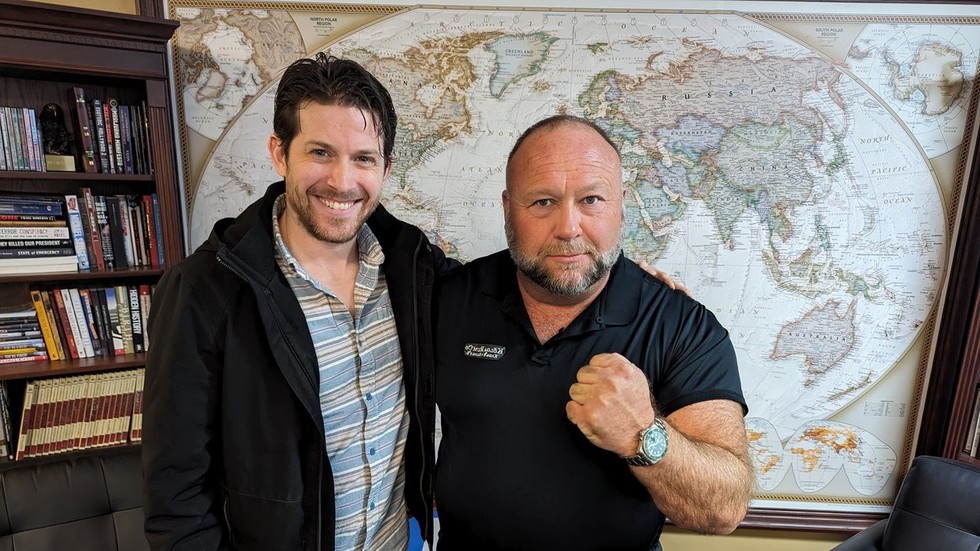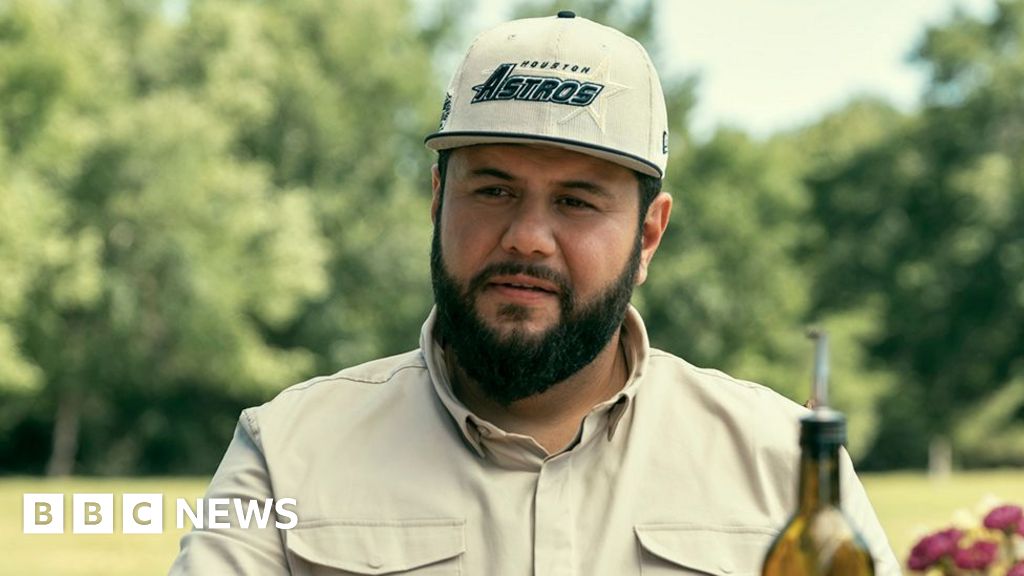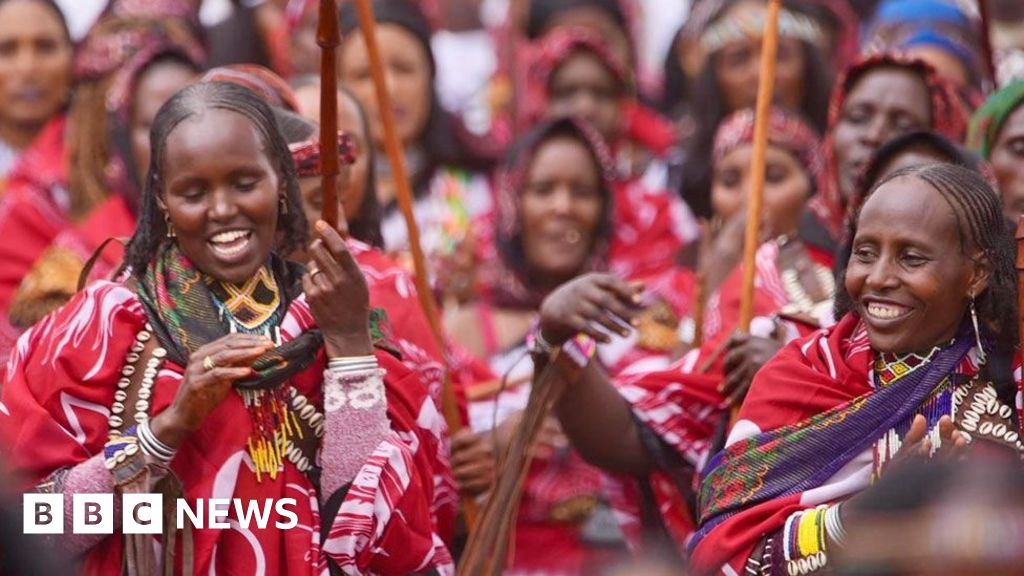Donald Trump has pleaded not guilty to revised federal charges against him over his alleged attempts to interfere in the 2020 election.
Jack Smith, the special counsel on the case, updated the wording of the charges last week, after the US Supreme Court ruled that presidents had broad immunity from criminal prosecution for official acts.
Trump has denied accusations that he pressed officials to reverse the 2020 election results, knowingly spread lies about election fraud and exploited a riot at the US Capitol to delay the certification of Joe Biden’s victory.
His lawyers officially entered the not guilty plea on his behalf at an arraignment hearing on Thursday in Washington.
Trump waived his right to be present at the hearing.
The revised indictment leaves in place the four charges Trump is accused of committing: conspiracy to defraud the US, conspiracy to obstruct an official proceeding, attempting to obstruct an official proceeding, and conspiracy against rights.
But these charges are now related to Trump's status as a political candidate rather than a sitting president.
"The defendant had no official responsibilities related to the certification proceeding, but he did have a personal interest as a candidate in being named the winner of the election," read one new line in the indictment.
Trump had pleaded not guilty to the original charges.
He has categorised the case in the past as a "witch hunt" designed to "distract the American people" from the upcoming 2024 presidential election.
Several key allegations against Trump remain, including that he attempted to persuade Vice-President Mike Pence to obstruct Mr Biden's election certification - a point that the presiding judge over the case, Tanya Chutkan, and Trump's legal team sparred over during Thursday's hearing.
Trump's laweyer John Lauro argued the new indictment has a "major problem" because the Supreme Court had decided that communication between Trump and Mr Pence constitutes an official act.
Judge Chutkan responded: "No, I would disagree with you Mr Lauro, they have not decided that. They have sent that back to me for me to figure that out."
It is still unclear when the case would head to trial, and whether that would happen before November's election.
At Thursday's arraignment hearing, the presiding judge on the case, Judge Tanya Chutkan, said she will issue a schedule for the case "as soon as possible".
"There needs to be some forward movement in this case, regardless of when the election is held," she said.
The federal case over the 2020 election is one of several legal troubles facing Trump.
In another case led by Mr Smith, Trump is accused of taking classified documents back to his Florida home after leaving office.
That case has been dismissed by a Florida judge, but Mr Smith has appealed that decision.
Separately in Georgia, Trump and 18 other defendants are also accused of criminally conspiring to overturn his narrow defeat in 2020. He has pleaded not guilty, and a trial date has not been set.
Meanwhile, Trump awaits sentencing in New York for falsifying business records to cover up hush money payments made to a porn star.

 6 months ago
18
6 months ago
18









